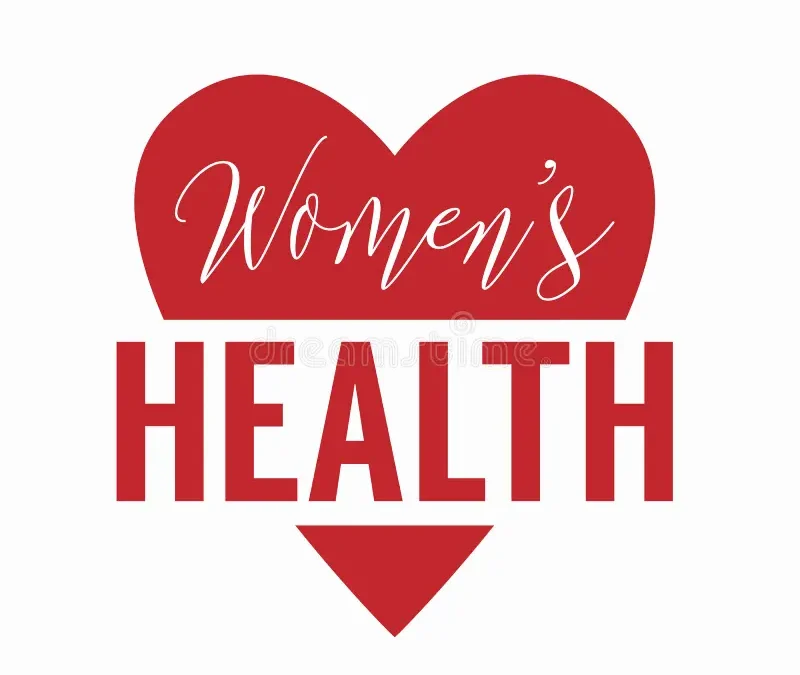Empowered to Thrive: Celebrating Women’s Health Month
Honoring Strength, Prioritizing Care, and Promoting Wellness
Why Women’s Health Deserves Focus
May is National Women’s Health Month—a time to honor women’s resilience and bring attention to the importance of preventive care, wellness, and empowerment. It’s not just about recognizing challenges—it’s about helping women prioritize their health, advocate for their needs, and thrive in every stage of life.
From reproductive care to heart disease, mental health to chronic illness, women face unique challenges across the lifespan. Yet many women put their own health last—juggling caregiving, work, and community obligations. This month serves as a reminder: Your health matters. You deserve care.
Common Health Challenges Women Face
-
Heart Disease: The #1 killer of women in the U.S.—often misdiagnosed due to “atypical” symptoms like nausea or fatigue.
-
Reproductive Health: Many women still face barriers to affordable screenings like Pap smears, mammograms, and access to birth control.
-
Mental Health: Women are more likely to experience anxiety, depression, and caregiver burnout.
-
Autoimmune Disorders: Conditions like lupus and MS disproportionately affect women.
-
Health Disparities: Black and Indigenous women often experience delayed diagnoses and complications from preventable diseases.
A DMV Story: Felicia’s Wake-Up Call
Felicia, a 38-year-old mom of two in Northern Virginia, skipped her annual checkup for three years while juggling her kids’ schedules and two jobs. A free screening at her local church revealed high blood pressure and prediabetes.
Today, she’s enrolled in a county wellness program and has become a vocal advocate in her PTA.
“I didn’t think I had time for myself,” she says. “Now I realize if I don’t make the time, there may not be any left.”
What You Can Do This Month
-
Schedule a Well-Woman Visit: Most insurance plans cover annual exams. If uninsured, local clinics offer low-cost services.
-
Know Your Numbers: Track your blood pressure, cholesterol, blood sugar, and BMI.
-
Get Screened:
-
Pap test (every 3–5 years)
-
Mammogram (starting at age 40)
-
Colonoscopy (starting at age 45)
-
STI screenings as needed
-
-
Prioritize Mental Health: Journal, set boundaries, speak with a counselor, and ask for support.
-
Move & Nourish Your Body: Aim for 30 minutes of activity daily. Hydrate and eat whole foods.
-
Explore Menopause Support: Understand symptoms, hormone changes, and bone health.
-
Ask About Family History: Knowing your genetic risks can guide lifestyle changes and screenings.
Women’s Health: Screening & Wellness Checklist by Decade
Use this roadmap to stay proactive about your health throughout life. Always consult your healthcare provider for personalized care.
In Your 20s
-
Pap smear every 3 years (starting at age 21)
-
HPV vaccination (if not completed in teens)
-
STI screening as needed
-
Clinical breast exam every 1–3 years
-
Build healthy habits: nutrition, sleep, movement, and mental health check-ins
In Your 30s
-
Continue Pap smears or begin HPV co-testing (every 5 years)
-
Begin blood pressure and cholesterol screenings
-
Discuss fertility planning or contraception changes
-
Prioritize stress management and oral health
In Your 40s
-
Begin annual or biannual mammograms
-
Screen for diabetes (especially if overweight or at risk)
-
Skin checks and eye exams
-
Mental health screenings if experiencing mood or energy shifts
In Your 50s
-
Begin colon cancer screenings (age 45+)
-
Continue mammograms and Pap tests based on history
-
Screen for osteoporosis (especially postmenopausal)
-
Manage menopause symptoms and maintain bone strength
In Your 60s and Beyond
-
Continue mammograms and colon cancer screenings as advised
-
Stay current on vaccines (shingles, pneumonia, flu)
-
Prioritize movement, balance, and social connection
-
Screen for hearing and vision; prevent falls with home safety checks
Local DMV Resources for Women’s Health
-
Whitman-Walker Health (DC): Inclusive care including STI screening and behavioral health
whitman-walker.org -
Mary’s Center (DC/MD): Sliding-scale prenatal, family, and behavioral health services
maryscenter.org -
Virginia Women’s Wellness Clinic (Alexandria, VA): OB-GYN care and education
vawomenswellness.com -
Baltimore Healthy Start (MD): Maternal and infant wellness support
healthystartbaltimore.com -
MedStar Women’s Health Education (DC): Preventive health outreach programs
medstarhealth.org
National Resources
-
WomensHealth.gov – Tools, hotlines, and health campaigns
-
CDC Women’s Health Hub – Screening guidelines and chronic condition info
-
✊ Black Women’s Health Imperative – Culturally relevant wellness and advocacy programs
Final Thoughts
This May—and every month—let’s encourage the women in our lives (and ourselves) to prioritize health. Getting care isn’t selfish—it’s survival. Whether it’s booking a check-up, setting mental health boundaries, or simply resting when needed, every small action counts.
You are worthy of the care you give to others.
Let’s keep pushing for equity, access, and community so that every woman, everywhere, can live a healthy, fulfilled life.
Dr. Bertrand Fote, MD, MBA, FACEP, CF2
Emergency Medicine Physician · Health Equity Advocate · Champion for Women’s Wellness

